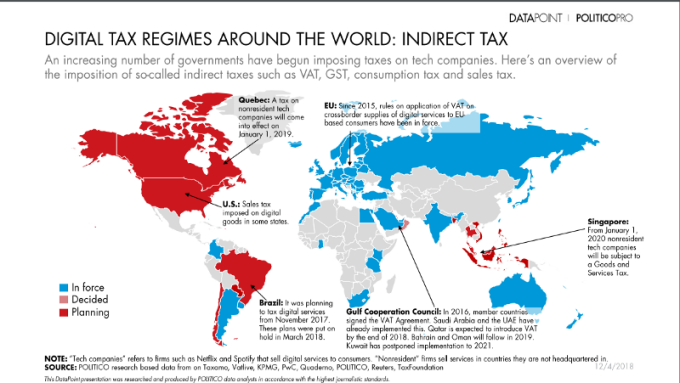Finance law 2021: Cameroon Prohibits Payment Of Taxes In Cash
As part of the execution of Cameroon’s 2021 finance law, one of the new flagship measures contained in the related circular, signed on December 30 by the Minister of Finance, Louis Paul Motaze, concerns securing the revenue of the ‘State.

To this end, the Minister of Finance has prescribed the prohibition of the payment of taxes and duties in cash to the tax network and has thereby introduced computerised means of revenue collection, namely the payment by bank transfer or electronically. Also, the Mininstry of finance has established electronic payment as a method of compulsory payment of taxes and duties for large companies.
The text exceptionally authorizes the payment of taxes in cash only at bank counters. But not with the tax officials who have often been in the news in cases of embezzlement of public revenues.
Read also: Egypt’s Nawah Scientific Secures $1 million To Grow Its Research Platform
.Cameroon tax .Cameroon tax
In addition, the circular enshrines the issuance and notification of receipts by electronic means, with the consequence of eliminating manual receipts which are sources of “various fraud”. Thus, the previously issued manual receipts are purely and simply replaced by electronic receipts. “The modalities of implementation of this reform will be defined by a specific text of the Minister of Finance”, indicates the circular.
Indeed, in 2017, the Minister of Finance had to sanction no less than 137 agents of his administration. The charges against these employees revolved essentially around the production of false receipts and the embezzlement of revenue. These agents, usually deployed in public revenue collection stations, fabricated false documents attesting to the payment of collected revenue into state coffers, although these funds did not appear anywhere in the treasury books.
Charles Rapulu Udoh

Charles Rapulu Udoh is a Lagos-based lawyer who has advised startups across Africa on issues such as startup funding (Venture Capital, Debt financing, private equity, angel investing etc), taxation, strategies, etc. He also has special focus on the protection of business or brands’ intellectual property rights ( such as trademark, patent or design) across Africa and other foreign jurisdictions.
He is well versed on issues of ESG (sustainability), media and entertainment law, corporate finance and governance.
He is also an award-winning writer




